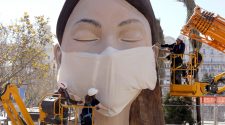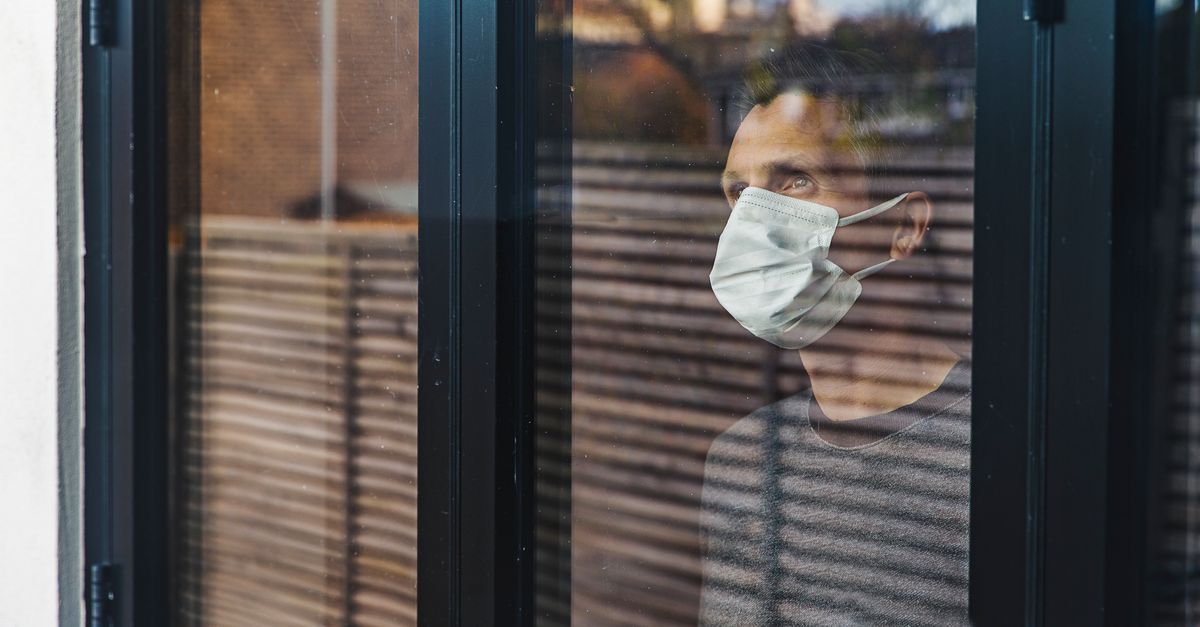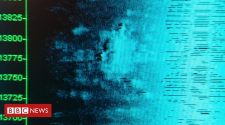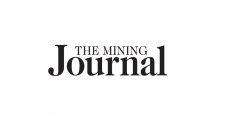Justin Paget via Getty Images
Imagine this: you head out for your weekly grocery shop, and come back to find a stranger in your home — it’s a month into social distancing and your roommate is actually having someone over?
“It’s not a big deal,” they say, introducing their Tinder date who is definitely not six feet away from you and is definitely breathing in your home and was that a cough you heard?
What do you do?
Many Canadians are finding themselves in situations like this, as we hunker down to stop the spread of COVID-19, yet some people seem to continue not to get it.
WATCH: What is a ‘COVIDIOT’? Story continues below.
Despite strict orders to stay home, keep six feet apart and limit contact with others, Canadian cities are still seeing crowded walking paths, backyard barbeques, and visiting friends.
But is it your job to shame them online or even snitch on them by calling the cops? There’s a time and place for both, although read this article to the end before you go posting a judgy picture of your neighbour to the community Facebook group.
Who ya gonna call?
There are varying degrees of what “breaking the rules” looks like. Wandering up too close to someone in the grocery store aisle is a lot different than coughing on cops or refusing to self-isolate after international travel.
For the latter, there actually is a structure in place to report.
If someone you know is not obeying the orders of the Quarantine Act to self-isolate after returning to Canada from abroad, you can call the RCMP. Last week, the federal government confirmed that the RCMP have the authority to enforce quarantine procedures.
People who violate the Quarantine Act could face house visits from the RCMP to enforce isolation, a fine of up to $750,000 and even imprisonment for six months, as a last resort.
“Of course, we’re asking everyone that when you’re issued an order from the federal government on the Quarantine Act, we expect that to be followed. We are contacting people. And for the majority of the time, you can find them in their rightful place,” chief medical officer Dr. Theresa Tam said last week.
Depending on your province or city, you can also phone various hotlines to report non-compliance, usually enforced at the bylaw level.
Most cities have launched online tools or hotlines where you can report non-compliance, including Montreal, Vancouver and Toronto. This non-compliance could include people using facilities such as parks that are meant to be closed or businesses remaining open despite health orders.
In these cities, municipal bylaw officers or local police will enforce the orders.
#COVIDIOTS
But what do you do if someone’s not technically breaking the law, but they definitely aren’t carrying out best practices? You might be tempted to engage in a little bit of online shaming with the #COVIDIOTS hashtag that’s been going around.
Some experts say this sort of shaming can help change behaviour.
“I’ve always been wary of the social shaming that happens on social media,” UBC associate professor of social psychology Azim Shariff said in a Q&A last week. “This might be an instance where I’m more comfortable with it.”
Shariff pointed to politicians and celebrities in the early days of the pandemic who were hounded for not following the rules.
“When people violate the rules, they get socially shamed for it. And I think that is really effective. The negative impact you might have on people’s health is hard to see, but the shame is not.”
But it’s also important to remember that sometimes there are consequences for speaking out.
When people violate the rules, they get socially shamed for it. And I think that is really effective. The negative impact you might have on people’s health is hard to see, but the shame is not.Azim Shariff
An Edmonton woman who reported a local church for hosting a large gathering over the weekend was accidentally included on the email from the Alberta Health Services inspector to the church regarding the violation.
“I’m actually just appalled and shocked and feeling very uncomfortable, and just have a big lack of trust now, for people that I thought whose purpose it was to protect citizens,” the woman told the Edmonton Journal.
The woman said she felt the shamed, herself, for speaking out in the community.
And experts are reminding people to think before they shame or judge others. Over the Easter long weekend, many B.C. residents drew attention to traffic on the ferry system there, and singled out Alberta licence plates in tourist hotspots as proof people weren’t following the rules.
On Tuesday, the province’s chief health officer Dr. Bonnie Henry warned people shouldn’t be so quick to judge.
“Don’t assume people don’t have a legitimate reason to be there,” Henry said, citing university students finally making their way to their hometowns and essential travel as reasons people may still be moving around the province.
Health Minister Adrian Dix added that you can never know someone’s specific circumstances and we should be compassionate to our neighbour and the people around us.
Don’t assume people don’t have a legitimate reason to be there.Dr. Bonnie Henry
“Sometimes we gotta make sure that we’re following the evidence,” he said. “[We need] to be kind, to understand that we sometimes don’t know other people’s circumstances.”
Sharif also pointed to positive public displays like the 7 p.m. cheering from balconies for health-care workers as a sort of “reverse-shaming.”
“What it conveys to people is that we have heroes who are serving the values of the community. You convey to people what the values are and show that they’re socially rewarded,” he said.
“It’s hard to be so hypocritical that you’d be out there banging a pot for frontline workers, and then go out and do something irresponsible that flouts the values you just trumpeted.”
Also on HuffPost:
















